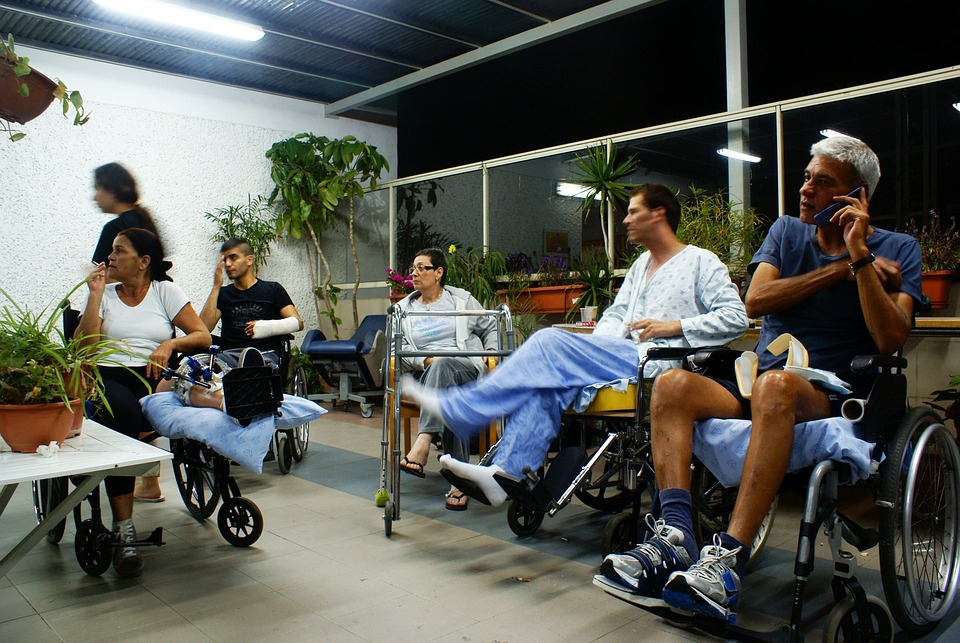
Every country in the world has a system of support and care for the disabled and Australia is no different in that respect. Indeed, the Australian government has a great scheme for funding disability care and support services, which was created by the National Disability Insurance Agency (NSIA). The National Disability Insurance Scheme (NDIS) is designed to provide funding for care and support for the disabled.
NDIS Providers
Selectability NDIS Townsville provider explains that wherever you happen to live in Australia, there are NDIS approved caregivers that have the resources to provide a wide range of services to people with disability. If you are the prime caregiver for a disabled person and you need a holiday, there are NDIS respite services that can take over until you return. This is just one of many services that the care provider offers and with NDIS funding, your family member can receive the care they need, while you recharge your batteries.
Here is a list of essential care and support services for people with disability.
- Daily Living Care – If, for example, you require a little help during the day, you can arrange for a carer to visit you on a daily basis. This service is tailored and might involve doing household chores, shopping, bathing and dressing the person, getting them ready for their day. You might require companionship and someone to help you exercise; whatever your special needs, your local care provider has all the solutions.
- Special Accommodation – There are two kinds of accommodation for the disabled; Supported Independent Living (SIL) and the Lead Tenant Model. The former involves a living environment with round the clock care that is tailored to your needs, while the Lead Tenant model is suitable for those who wish to retain a level of independence. If you would like to view the vacancies in your area, contact your local NDIS care provider and see what they have to offer.
- Community Activities – The care provider would be running a busy social network of activities for people with disability; this would include sports, hobbies and pastimes, farm visits, handicraft groups and many other interesting activities. This would include transport to and from the venue and a carer would be with the disabled person at all times, ensuring their safety and well-being. Click here for tips if you are planning to sell your business.
- Support & Care Planning & Coordination – When a family has a disabled child, there is a lot to take into account and the local NDIS provider can help the family to create a care & support plan. This is an important stage and it helps the family to plan for the future, while making use of the many care & support services under the NDIS umbrella.
- Essential Life Skills – Disabled people should have attainable goals in their life and the past of the support service involves helping disabled people to acquire new skills that will help them. This could be skills related to work, or they might have the goal of teaching day to day skills, making the person more independent.
Here is some more information regarding NDIS, what they do and the services they fund, which is recommended reading for all parents of disabled children.
 eTopical Precious Finds
eTopical Precious Finds


